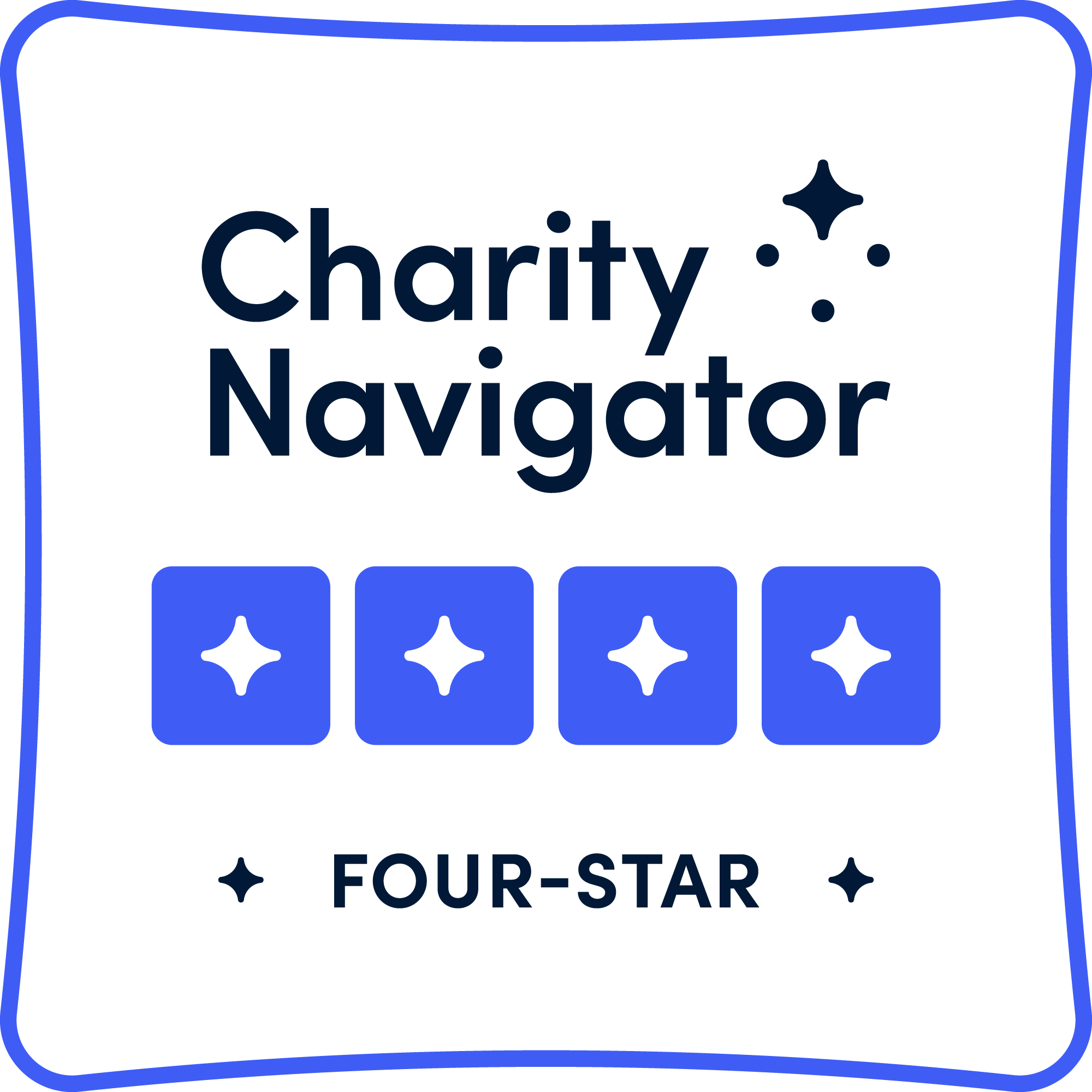
Empowering Local Solutions to Support Veteran and Military Communities
Professionals and organizations who support the military families and veteran community gather to identify veterans issues, potential solutions
In June 2022, the Bob Woodruff Foundation hosted the Got Your 6 Summit in New York City in partnership with Craig Newmark Philanthropies and New York City Department of Veterans’ Services (NYC DVS). This solutions-focused convening highlighted veterans’ issues for service providers, employers, and organizations who are dedicated to supporting the military/veteran community. Summit focus areas included
- veteran economic instability and food insecurity,
- affordable housing options,
- suicide prevention and evidence-based mental health support,
- education and credentialing opportunities,
- best practices in supporting military/veteran caregivers, and
- arts and community engagement.
New York City leaders and veteran service providers gathered to identify challenges and empower local solutions. These included General George W. Casey, Jr., USA (Ret.), who served as the 36th Chief of Staff for the United States Army, New York City Mayor Eric Adams, and NYC DVS Commissioner James Hendon.
Recognizing the importance of Summit conversations, BWF engaged our Got Your 6 Network to provide a national perspective. IN the fall of 2022, we hosted topical virtual roundtables. These roundtables built on Summit discussions that highlighted challenges and solutions to issues impacting our veterans.
Addressing Economic Instability
The Summit’s economic instability and food insecurity breakout focused on ensuring that veterans’ basic needs are met after service. Underlying challenges included the lack of affordable housing, under or unemployment, absence of collaboration, veteran awareness of existing assistance. Nationally, Got Your 6 communities use veterans’ requests for financial assistance and food insecurity to explore whether the family has other needs.
One community education initiative from Cape and Islands Veterans Outreach Center in Massachusetts reshaped the mindset that food insecurity is only an issue at the holidays and rewired the community to see it as an acute year-round issue.
Defining Solutions for Permanent Housing
The pandemic exacerbated the challenges of permanent supportive housing efforts. COVID-19 relief funds provided Summit participants a new opportunity to reduce the number of veterans living on the street. The funds covered hotel rooms, in part due to shelter limitations to reduce the spread of COVID-19. Veterans staying in hotels could focus on other aspects of a successful transition, including mental health treatment and employment readiness.
However, as funds ceased, organizations needed different solutions. For Got Your 6 partners, sustainable housing is a pressing issue post-COVID for aging homeless veterans with health issues. Many wish to remain in their homes, but may not have the capacity.
In Florida, Mission United of Miami-Dade is supporting ALICE (Asset Limited, Income Constrained, Employed) veterans by providing financial assistance, budgeting classes, and aiding employment searches while maintaining stable housing.
Addressing Mental Health
At our suicide prevention and evidence-based mental health discussion, participants emphasized evidence-based support and treatment for veterans and their families. Attendees highlighted the importance of reducing the stigma associated with asking for help. Pandemic telehealth options increased accessibility and alleviated some of the obstacles and stigma. Nationally, our partners indicate a lack of licensed clinical practitioners.
Facilitating Education and Credentialing
There are plentiful education and credentialing opportunities and resources available for transitioning. However veterans often feel overwhelmed when considering higher education immediately after service. The veteran’s identity has shifted, and they must conform to new and unknown standards. Solutions include increased partnerships between veteran-serving organizations and educational institutions, vet-to-vet mentorships, and orientation webinars. Engaging student veterans in campus programming can also help to create a sense of belonging and connection.
Identifying and Supporting Caregivers
Caregivers are an often overlooked, but essential, constituent of the military-affiliated community. Caregivers are not always the spouse of the veteran, but sometimes a family member, friend, or hired professional. Organizations like the Rosalynn Carter Institute for Caregivers and the Elizabeth Dole Foundation offer resources to support caregivers. Nationwide our partners also face challenges in having individuals self-identify as caregivers, especially when a veteran is the caregiver. Partners expressed a keen interest in finding ways to identify and support caregivers better.
The Got Your 6 Network Summit in New York City and subsequent national roundtables highlight how communities engage with veterans, service members, their families, and caregivers to address co-occurring needs. The Bob Woodruff Foundation leverages insights and investments across our Got Your 6 Network to improve veterans’ lives.








